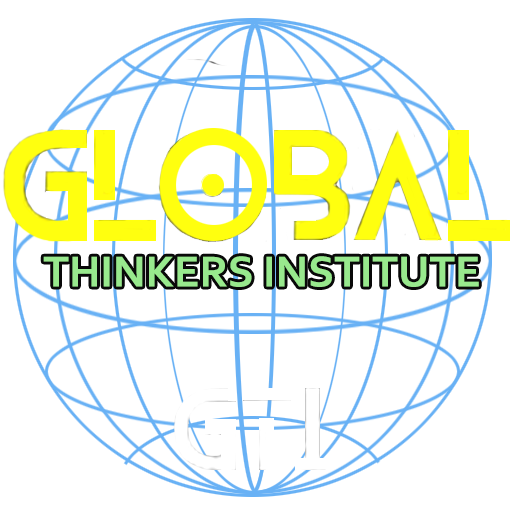GTI- Second Congress, Multipolar Forum, “The Second Congress of the International Russophile Movement”. Held successfully on 26-27 feb 2024, in Moscow. Among the figures present were; Sheikh Imran (World Muslim figure), Sergey Lavrov, Minister of Foreign Affairs of the Russian Federation, Spokesperson for the Russian Ministry of Foreign Affairs, Maria Zakharova. Alexander Dugin was a Russian philosopher and activist, founder of the Russian School of Geopolitics and the Eurasian Movement. Zhang Weiwei, is Professor of International Relations, Fudan University and director, China Institute.
Representatives of 130 countries gathered on one platform in the Russian capital within the framework of the principles of the formation of a multipolar world supported by the participants. Includes national economic development and in-depth cooperation in various fields, from technology to culture.
Strengthening the role of regional blocs such as BRICS and SCO plays a key role in world change. The Belt and Road Initiative's significant contribution to the development of multipolarity was also noted. The project combines the economic routes of the Silk Road and maritime silk routes of the 21st century and aims to create a cost-effective trading system in Eurasia and Africa. On the sidelines of the forum, discussions were held regarding expanding customs cooperation and establishing new financial institutions. More than 300 people – philosophers, experts in various fields, political scientists, economists and heads of public organizations – took part in the meeting. The delegation from Indonesia who attended, Muhammad Ma'ruf, Ph D, Director of the Global Thinkers Institute (GTI) and Sabrang, a cultural observer and musician from Maiyah.
Moscow hosted the Second Congress of the International Russophile Movement and Multipolarity Forum, which gathered around 350 representatives from 130 countries in Asia, Europe, Africa, Latin America and North America.
The event was opened by the official representative of the Russian Ministry of Foreign Affairs Maria Zakharova. In her speech, Maria said that the transition of world society towards a new world order system was inevitable. "Structural restructuring of the world economy and its transfer to a new technological basis, including the introduction of artificial intelligence, communication, energy biological technologies, nanotechnology, the growth of national self-awareness, cultural and civilizational diversity and other objective factors accelerating the processes of redistribution of development potential in favor of new centers of economic growth," the Foreign Ministry spokesperson said.
Foreign Minister Sergey Lavrov said developing international relations was Russia's priority. "Russia will continue to develop as a friendly, open to the whole world country. It will pursue an independent, pragmatic, peace-loving foreign policy, promoting the democratization of international life, its development on the principles of the UN Charter. Our current chairmanship of BRICS and the Commonwealth of Independent States, our active and constructive work in the EAEU, the SCO, the G20 and many other multilateral formats are aimed at achieving this goal. I will also note the close ties we are developing with regional integration associations ".
Chang Weiwei, a leading international relations expert from the Chinese Communist Party, emphasized in his speech at the forum that the concept of a unipolar world is outdated. “Unipolarity is immoral, unfair and irrelevant. "This order will change with the strengthening of the international position of China, Russia, and the expansion of BRICS to include the Global South and East countries in the alliance," “Multipolarity is very important because it provides alternatives for the world. We hope that Senegal will become part of BRICS. The sooner this alliance includes countries that have applied to join, the better,” said Oumy Sene, BRICS secretary general. “Kalinka” Cultural Center in Senegal.
Meanwhile, Alexander Dugin stressed the importance of a Multipolar world, an equal world, without having to follow the Unilateral world. The Unilateral World cannot impose itself on other worlds. The multipolar world is the majority of world societies including Euroasia, Russia, Latin America, Africa, China, India, the Islamic World and Asia. Each country has its own unique culture, thoughts, ideology and civilization. The center of power is in each country.

